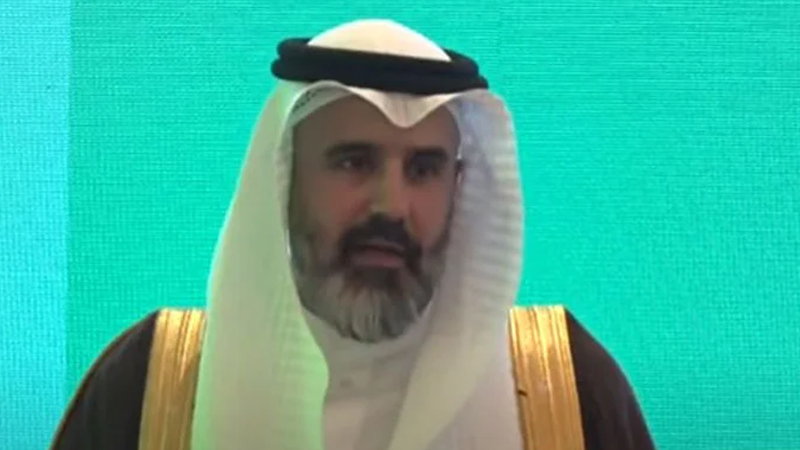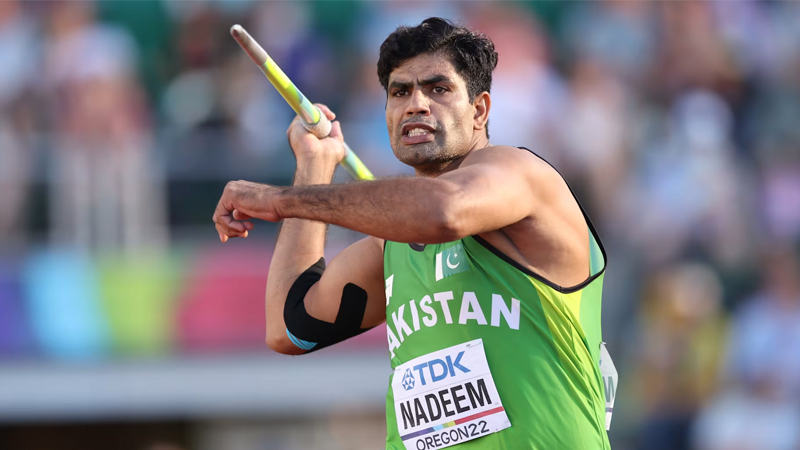In a significant stride towards bolstering Pakistan’s reform and development trajectory, Prime Minister Shehbaz Sharif convened a pivotal meeting with a delegation led by Martin Raiser, the Regional Vice-President of the World Bank for South Asia, on Wednesday. This high-stakes rendezvous marked the initiation of a collaborative effort to fashion a robust Country Partnership Framework (CPF), poised to propel Pakistan’s developmental agenda forward.
Prime Minister Shehbaz Sharif warmly welcomed Martin Raiser, extending gratitude for the World Bank’s enduring contributions to Pakistan’s development landscape. Notably, the premier commended the pivotal role played by the World Bank in fortifying Pakistan’s infrastructure resilience in the aftermath of the 2022 floods.
During the meeting, Prime Minister Shehbaz Sharif delineated the government’s reform agenda, encompassing pivotal initiatives such as the digitization of the tax system, power sector overhauls, agricultural yield augmentation, and combating child stunting.
Echoing Pakistan’s commitment to reform, Martin Raiser affirmed the World Bank’s readiness to collaborate in the nation’s journey towards economic transformation, geared towards sustainable development.
A cornerstone of this collaboration is the envisaged long-term partnership under the new Country Partnership Framework, endowed with an annual review mechanism to monitor progress and ensure the attainment of targeted results. This framework exhibits adaptability, primed for course corrections as necessitated by evolving circumstances.
The partnership is poised to effect transformative impacts over the next decade, spotlighting key developmental priorities such as structural economic reforms, human capital development, energy sector revamp, climate adaptation, and augmentation of economic opportunities, notably in the agricultural sector.
Critical areas of focus include domestic resource mobilization, human capital development to address child stunting and bolster foundational learning, energy sector reforms to incentivize private sector participation and facilitate a transition towards sustainable energy sources, and climate adaptation measures to mitigate water scarcity and climate-related shocks.
To harness global expertise and best practices, institutional capacity building, and foster private sector participation, the partnership will leverage the World Bank’s resources, including the International Finance Corporation and the Multilateral Investment Guarantee Agency.
The formulation of the Country Partnership Framework entails extensive consultations with federal and provincial governments, academia, parliamentarians, civil society, development partners, and the private sector, ensuring alignment with Pakistan’s overarching development priorities and strategies.
The culmination of this historic meeting saw the signing of a joint communique by Najy Benhassine, the World Bank’s Country Representative, and Dr. Kazim Niaz, Secretary of the Economic Affairs Division, underscoring the commitment of both parties to the collaborative pursuit of Pakistan’s development aspirations.
Economic Affairs Minister Ahad Khan Cheema, Finance Minister Muhammad Aurangzeb, Petroleum Minister Dr. Musadik Malik, Minister of State for IT Shaza Fatima Khawaja, Deputy Chairman of Planning Commission Dr. Jehanzeb Khan, alongside senior government officials, graced the occasion, underscoring the collective resolve to steer Pakistan towards a trajectory of sustainable development and prosperity.











Leave a Reply